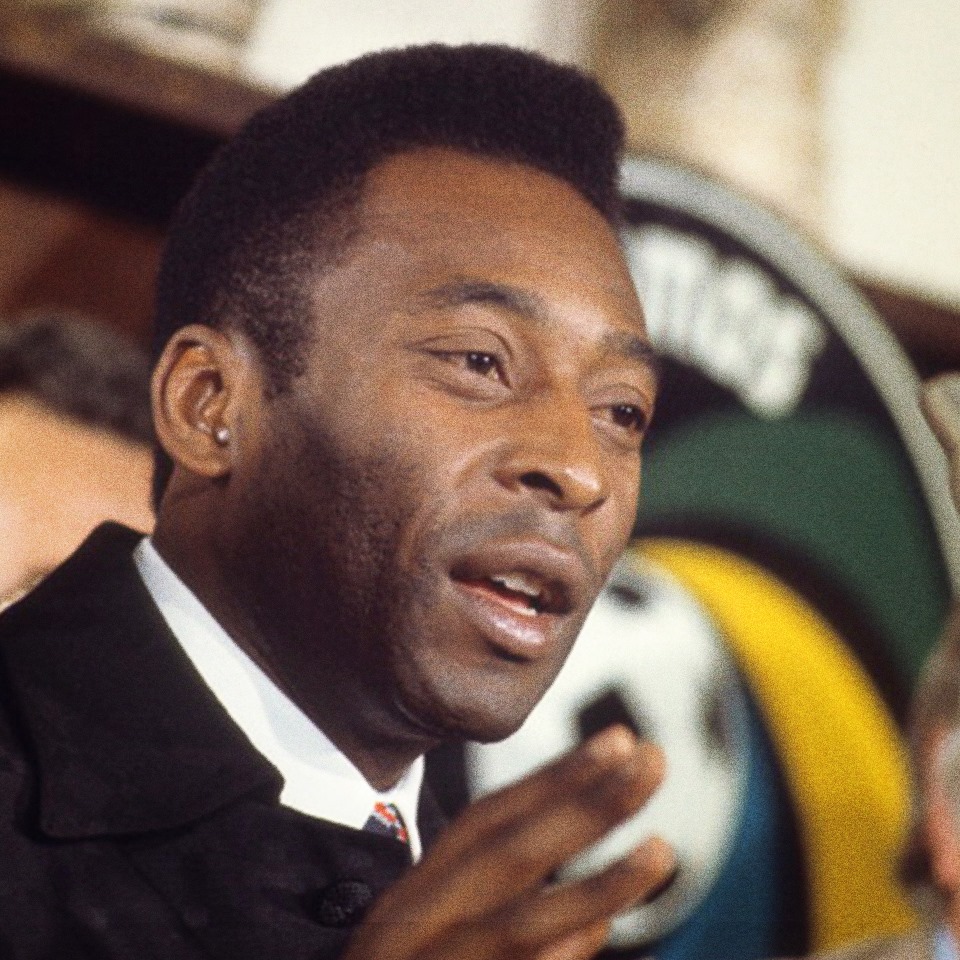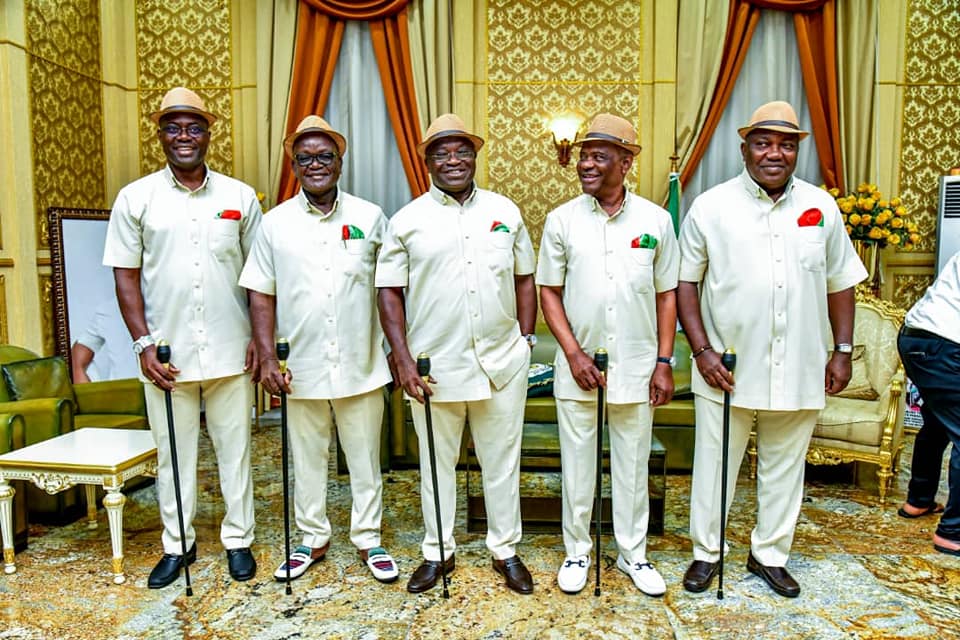It is no longer news that Edson Arantes do Nascimento, the man known as Pelé is dead. He was born on October 24, 1940. He died on December 29, 2022 as the sun set on the old year.
If life were a soccer pitch and death could be dribbled, Pelé would still be alive, kicking and driving, but death is an equal opportunity agent; it catches up with everybody in due time, and the world goes unending.
The concept of death wasn’t so apparent to us as kids back in the 1960s. The future lay verdant, and death seemed to happen only to distant others, folks we seldom knew. Then we felt we knew Pelé, the owner of the magical feet that seemed made for the round leather. We fell for the King from the apocryphal tales we always heard about him, and it often came down to Pelé at football games at the precinct of the church cemetery after school hours. We played felele, a flex imitation of a leather ball, and we played barefooted. Who could afford soccer boots in those days?
Pelé was our superman before the advent of Superman, and many fables circulated about his extraordinary skills on the pitch. We admired his panache and knack for scoring goals. We gabbed about boots, balls, the game, and, inevitably, the magic of King Pelé. We knew he lived far away in a spot we couldn’t locate on the map, but we still felt a part-ownership of man.
Advertisement
One of the fables alleged he was a one-person soccer squad, and he regularly pitched against entire teams in his part of the world. A trendier tale also circulated on an extant law proscribing him from taking a penalty kick anywhere in the world. According to the folklore, the prohibition came after a penalty shot from Pelé ripped apart a goalkeeper’s tummy. The fatal kick allegedly taught the world never to imperil a goalie with direct shots from the King! I recall the morbid fascination induced by the tale, the imagination of the unfortunate goalie, and the messy entrails around the goalpost. Nobody should deserve such a gory end for minding the goalpost. It validated my thought that Pelé was a descendant of Nephilim, one of the beings the Bible says was born “when the sons of God came into the daughters of men”.
I found the fable enchanting for the poetry of it. This portrayal of a life larger than life on a mythical template like D.O. Fagunwa, the doyen of Yoruba literature whose works were part of the curriculum texts in our primary schools. The mythic image of Pelé failed to fade with age, even after I discovered the stories were to tickle. In adulthood, the fables morphed into metaphors for the exceptional exploits of the footballer. Of course, Pelé was not a Nephilim. He was a man of like passions like us who seemed magical because he played football like no one ever did. Pelé did not invent football, but he created Samba, the entertaining genre that changed the game from a raucous show of brawn into a sweet silky symphony on the pitch.
Commenting on the trajectory of fame-to-shame that is the lot of many a sterling career these days, someone remarked that “the best of men are just men at their very best.” The best of men melt like wax with the intrusive glare of the all-pervasive paparazzi and social media. Even celebrities soon become subjects of tawdry jokes on sex, drugs or filthy lucre. It is a mark of rarefied greatness that Pelé carried his fame to the grave, especially considering how it lasted.
Advertisement
He came into the global limelight at the World Cup while some his age still tagged at their mothers’ skirts and attained adulthood playing at the apex. Pelé would dazzle the world at three Mundial, in ’62, ’66 and ’70, to build on the myth that lasted a lifetime without travelling the slippery slopes of fame, like some celebrities.
Few parodies contrast the Pelé trajectory as Diego Maradona’s. The young Argentine dribbled into the world’s attention in the 1986 Mundial, emerging as the first possible credible replacement for Pelé – despite British malice over his “hand of God,” before going down the slippery slope.
“It is difficult for Argentina to find a comparison with me since they have been unable to determine who is the best in Argentina,” Pelé retorted in 2010 when asked about his rumoured succession by Maradona. The King meant there were better players in Argentine history unworthy of holding a candle to him.
Of course, Maradona was irked by the snobbery. “It looks like age is affecting the way he (Pelé) makes decisions,” he said. (Pelé was 60 years old at the time). “But you can’t blame the guy,” the Argentine continued, “after all, he hasn’t done anything for 20 years, not even making a trip to the supermarket. The only time we see him is at awards ceremonies for FIFA, … even then, he looks like a remote-controlled puppet.”
Advertisement
Maradona was wrong in listing Pelé’s qualities as flaws. Pelé wore his crown with dignity, which was why he earned the reputation that kept him on the dais into the greyer years. The cool mien and the calm dignity endeared the King to the world. His good sense also enabled him to discern it was unnecessary to show up in every supermarket to prove a point. Pity that Diego Maradona did not see that.
But Pelé was not a saint. He married thrice and serially philandered. He fathered many children, including one from his housekeeper whom he refused to acknowledge. Yet he managed to shine through his quirks. Humility and discretion might have helped in keeping his problems private. Perhaps it was because his quirks seemed minor to a world accustomed to weightier celebrity misdemeanours.
The quest for the greatest footballer of all time continues. And who knows what criteria might apply. Players like Diego Maradona, Zinedine Zidane, Johan Cruyff, Christiano Ronaldo, Lionel Messi and Kylian Mpapé might feature with other players yet unborn.
But Pelé will always be there in the reckonings.
Advertisement
Akinyosoye writes from Lagos.
Advertisement
Views expressed by contributors are strictly personal and not of TheCable.
Add a comment







